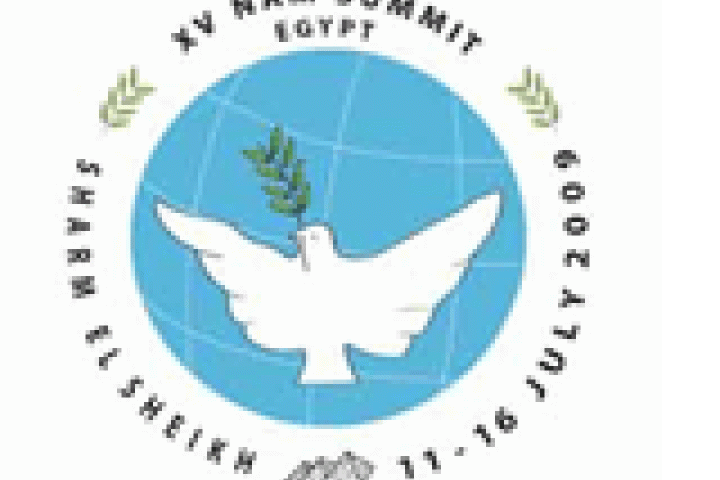Non-aligned heads of state call for universal adherence to the CTBT

Heads of State and Government of the Non-Aligned Movement (NAM) stressed the significance of achieving universal adherence to the Comprehensive Nuclear-Test-Ban Treaty (CTBT). NAM held its 15th Summit from 11 to 16 July 2009 in Sharm El Sheik, Egypt. Roughly half of the organization’s 118 Member States were represented by their respective Heads of State or Government. The NAM Heads of State and Government considered that universal adherence to the Treaty would contribute to nuclear disarmament. They reiterated that if the objectives of the Treaty were to be fully realized, the commitment of all State Signatories, especially the nuclear weapon States, to nuclear disarmament would be essential.
The NAM Heads of State or Government also reiterated their concern that improvements in existing nuclear weapons and the development of new types of nuclear weapons violate commitments undertaken by the nuclear weapon States at the time of the Treaty’s conclusion in 1996. They also called for the full implementation of the “thirteen practical steps” to implement Article VI of the Nuclear Non-Proliferation Treaty (NPT) as adopted at the 2000 NPT Review
Conference. Step three calls for the early entry into force of the CTBT.
Conference. Step three calls for the early entry into force of the CTBT.
The Executive Secretary Tibor Tóth represented the Preparatory Commission for the Comprehensive Nuclear-Test-Ban Treaty Organization (CTBTO) at the summit. He met with several Foreign Ministers and leaders of delegations, including representatives from Annex 2 States, whose ratification is necessary for the Treaty to enter into force. He raised awareness about the forthcoming Conference on Facilitating the Entry into Force of the CTBT which will be held in New York on 24 and 25 September 2009. The Executive Secretary encouraged ratifications of the Treaty by NAM signatory States and promoted additional applications of the Treaty’s verification technologies.
The CTBT enjoys considerable international support. A total of 181 States have signed the CTBT and 148 of these have also ratified it. To enter into force, the CTBT must be signed and ratified by 44 specific States. These States participated in the negotiations of the Treaty in 1996 and possessed nuclear power or research reactors at the time. Thirty-five of these States have ratified the Treaty, including three nuclear weapon States: France, Russian Federation and the United Kingdom. Of the nine remaining States, China, Egypt, Indonesia, Iran, Israel and the United States have signed the Treaty, whereas the Democratic People’s Republic of Korea, India and Pakistan have not yet signed it.
20 Jul 2009
